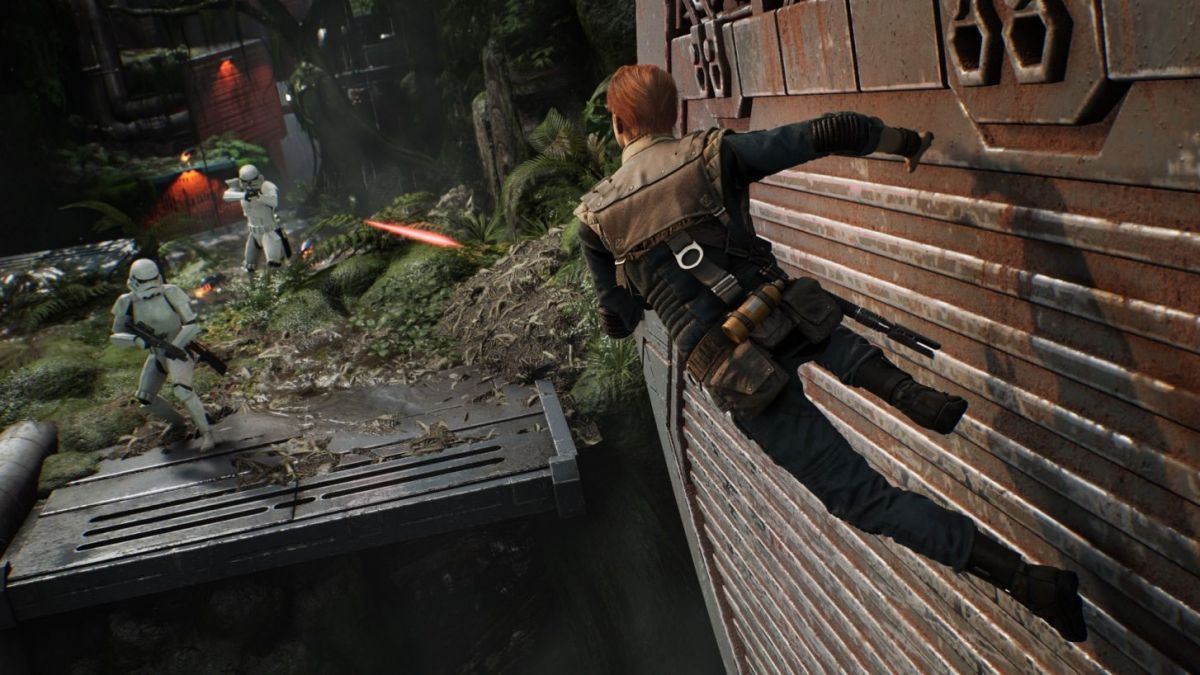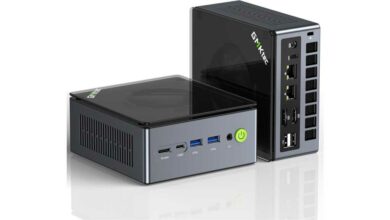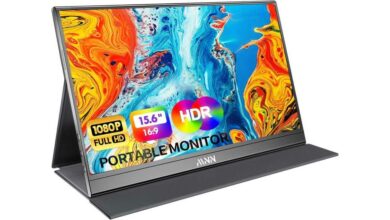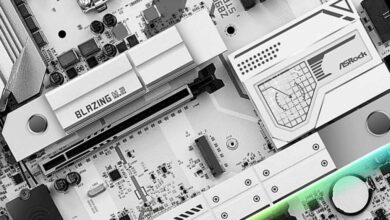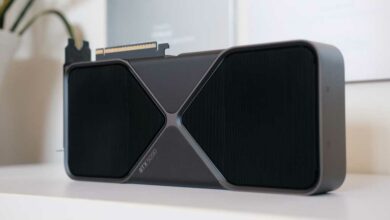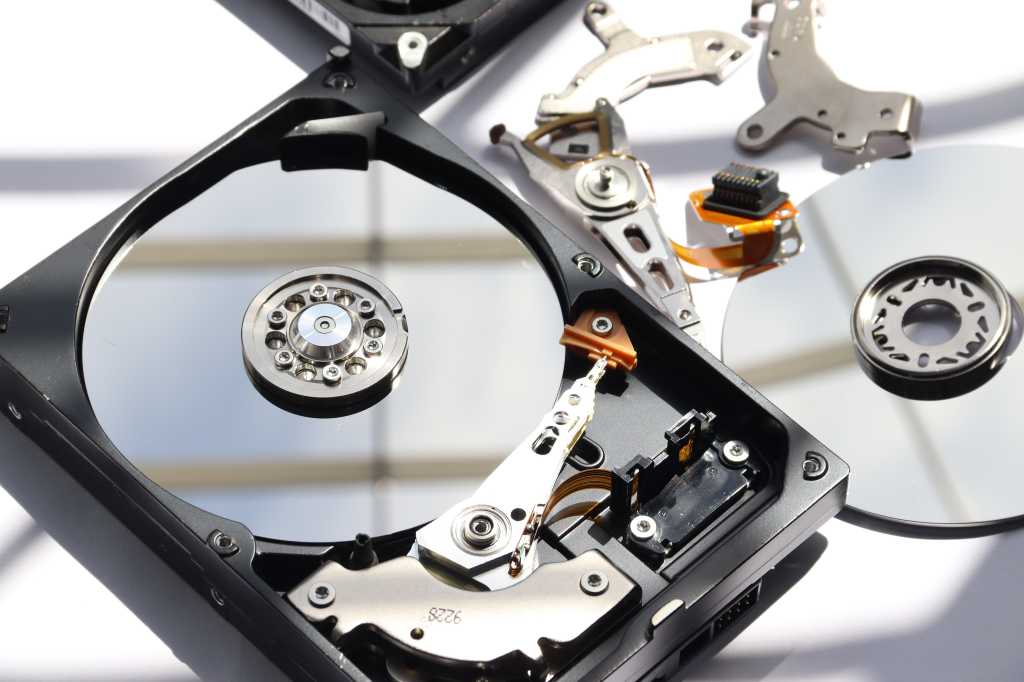
A current report about hard-disk drive reliability means that not solely do most HDDs die inside three years, however these produced after 2014 may be much less dependable, too. For many individuals, such information might sign ample cause for an accelerated loss of life of the HDD—not less than for shopper use.
With solid-state drives each having fallen in worth and step by step elevated in accessible capacities, they’ve turn into all however ubiquitous in laptops and dominant in desktop PC builds. The truth is, I actually typically suggest an SSD to mates constructing computer systems over a tough disk drive. However I’d by no means take that recommendation myself.
No, even with this knowledge casting a cloud of gloom over the viability of onerous disk drives, it’s going to be a very long time coming earlier than I quit my military of spinning platters. (OK, possibly extra like small platoon.)
Why? First, the report (as picked up by Blocks and Information after which Excessive Tech) comes from a Los-Angeles based mostly knowledge restoration service’s take a look at failed onerous drives despatched in by purchasers—however a comparatively small quantity, as in comparison with cloud storage supplier Backblaze’s statistics about its large assortment of disk drives. Extra importantly, Safe Information Restoration’s outcomes look solely at failed drives, whereas Backblaze’s knowledge covers all of its working drives, which have longer service lives on common.
So, the takeaway right here is that in case your drive goes to fail, it’s most definitely going to take action inside three years, not essentially that each one HDDs will fail inside three years.
Safe Information Restoration
Safe Information Restoration additionally exhibits that the difficulty with newer drives pertains to trendy know-how in onerous drives relatively than the precise age of the drive. HDDs that use shingled magnetic recording (SMR) seem extra prone to issues than drives based mostly on standard magnetic recording (CMR). Given that the majority onerous disk drive lovers keep away from SMR drives for NAS and servers, because of slower learn and write speeds in conditions with steady use, that already improves the chances of avoiding untimely knowledge loss of life. And for people who pop in only a single onerous drive right into a machine, shopping for a CMR drive remains to be simply finished.
So, I haven’t written off hard-disk drives simply but, as previous and decrepit they might appear. You shouldn’t, both. Particularly since SSDs nonetheless can’t match their capacities nor value per terabyte: a 4TB HDD is simply about $70 whereas a 4TB SDD begins at round $225. Put one other approach, I might get a 14TB HDD for a similar value as a 4TB SSD. That makes a set of HDDs extremely economical, whether or not for a NAS or server, and even simply chilly storage on your PC. Why spend main bucks for these drives for those who don’t must?
The principle cause for my seemingly contradictory recommendation about HDDs vs. SSDs when speaking to family and friends is that most individuals lately use only a single drive of their main PC. And, for such a scenario, an SSD is the higher selection—you get sooner boot occasions, faster sport hundreds, and all-around snappier responsiveness when on the pc. However you already know what I additionally suggest when my mates are shopping for these new laptops, desktop PCs, and construct parts? To determine a great backup answer for that one lone drive as a result of drive loss of life is inevitable. The query isn’t if, however when it’ll fail.
Wish to know the best (to not point out most cost-effective) answer? Normally, it’s a great previous trusty HDD within the type of an exterior backup drive. Truthfully, the key level for all of us out of this examine—not that HDDs are unreliable and needs to be averted—is that no drive is secure from the Grim Reaper. A incontrovertible fact that Safe Information Restoration additionally emphasizes in its submit…and they’d know that finest.



